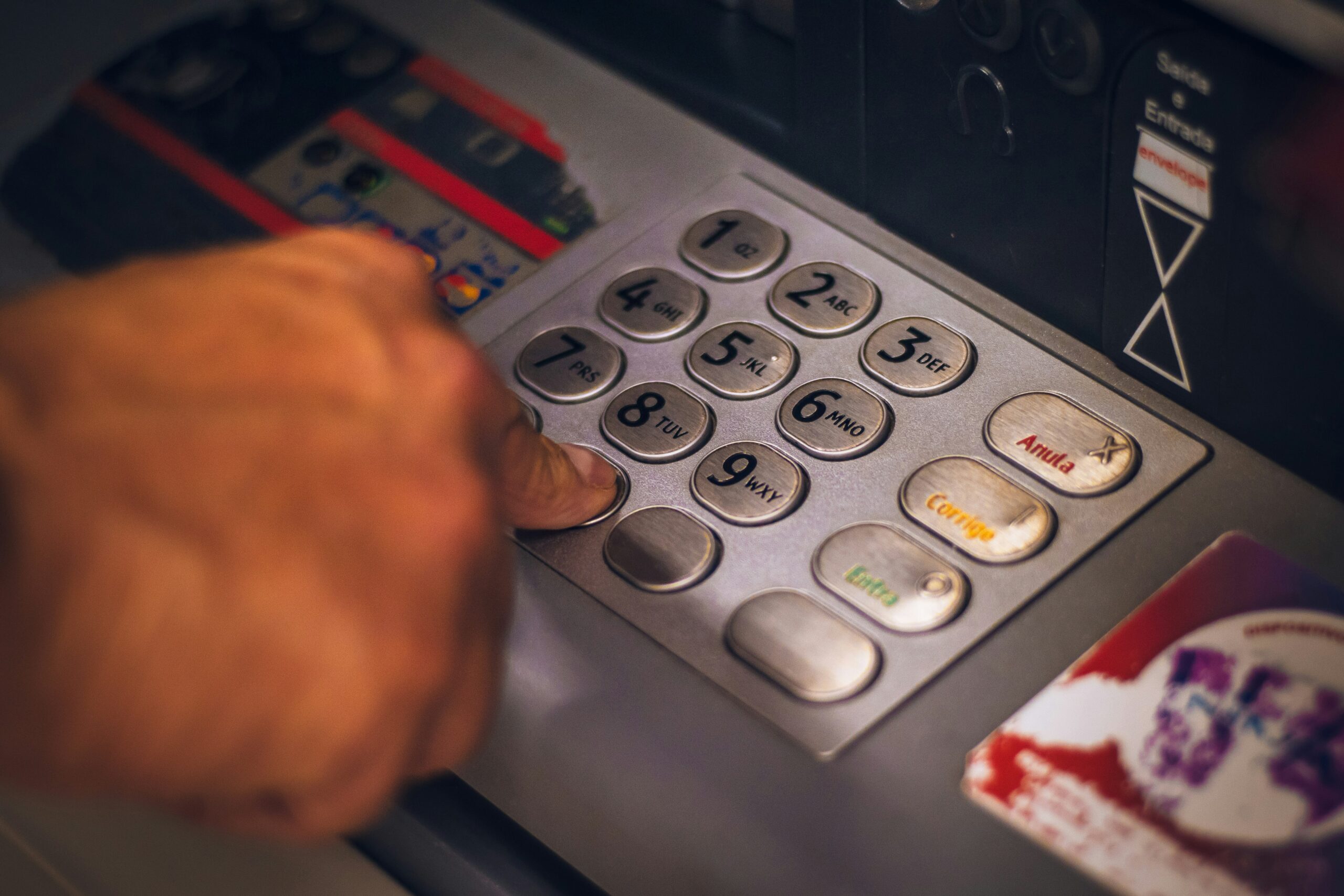Banking Basics The ABCs of Routing Numbers and Their Significance
Basics of Banking: Deciphering the Importance of Routing Numbers
Routing numbers are essential to the complex network of financial transactions; they are the unsung heroes that enable smooth fund transfers. Not only is knowing the ABCs of routing numbers an important step toward financial literacy, but it’s also essential for interacting with banks. We explore the subtleties of route numbers in this extensive guide, clarifying their meaning and dispelling any myths around them.
How Do Routing Numbers Work?
The Basis of Money Transactions
Numbers for routingare nine-digit designations given to financial organizations; they are often referred to as transit numbers or ABA (American Bankers Association) numbers. Consider them as your bank’s genetic code, allowing you to precisely pinpoint the location of your account. Exclusive to a particular bank, each routing number makes it easier for money to move between accounts for wire transfers, electronic payments, and direct deposits.
Analyzing the Framework: Dissecting the Nine Digits
The Routing Number’s Anatomy
Deciphering a routing number’s information requires an understanding of its structure. There are three separate components to the nine digits:
The initial four digits of the Federal Reserve Code are as follows: The Federal Reserve District and branch where your bank is situated are represented by these numbers. It gives the financial firm a wide geographic identify.
The routing symbol for the next four digits is: This section acts as a unique code for that particular bank and identifies the particular financial organization.
Check Number (Final Number):
Routing numbers’ significance: why they’re important
Convenient Transactions and Financial Interconnectedness
Enabling Straight Deposits: Routing numbers are used by employers to guarantee smooth direct transfers into workers’ bank accounts. Payroll procedures are accelerated, and financial efficiency is improved.
Wire transfer enabled: Routing numbers are essential for wire transfers because they allow money to travel quickly between domestic and foreign accounts.
Streamlining Bill Payment Processing: The routing number streamlines recurrent financial transactions by ensuring that funds are correctly withdrawn or deposited when setting up automatic bill payments.Above
Getting Your Routing Number: A Comprehensive Guide
Getting Around the Banking Landscape
Examine your checkbook here: Usually, the routing number appears in the lower left corner of your checks. It comes before the check number and your account number.
Online Financial Services Providers: The routing number linked to your account may be found in the account details section of your online banking account once you log in.
Speak with Your Bank Here: Never hesitate to get in touch with your bank’s customer support if you’re unsure. They will tell you precise details on your routing number.Above
Frequently Held Myths Regarding Routing Numbers
Busting Myths to Provide Clarity
Every number on a check is a routing number: Despite what many people think, a check’s numbers have multiple uses. Unlike the account number and check number, the routing number is unique.
One routing number, one bank: Larger financial firms might have several routing numbers, each with a specific purpose in mind, like electronic payments or wire transfers.Above
Best Practices for Safeguarding Your Financial Transactions
Preventing Fraud and Mistakes
ol>Verify Correctness Again: Verify the routing number’s accuracy before starting any transactions. A simple mistake of one digit can cause serious issues.
Steer Clear of Scams: People may be tricked by scammers into giving their routing numbers. Be cautious and give this information only in transactions that are safe and validated.Above
In conclusion, Developing Your Financial Knowledge
Armed with information, navigating the intricate world of banking becomes much easier. The routing number, which is sometimes disregarded, is essential to financial connectivity since it facilitates the seamless transfer of money across accounts. You give yourself the capacity to make wise financial decisions and protect your assets by being aware of its structure, importance, and best practices.







